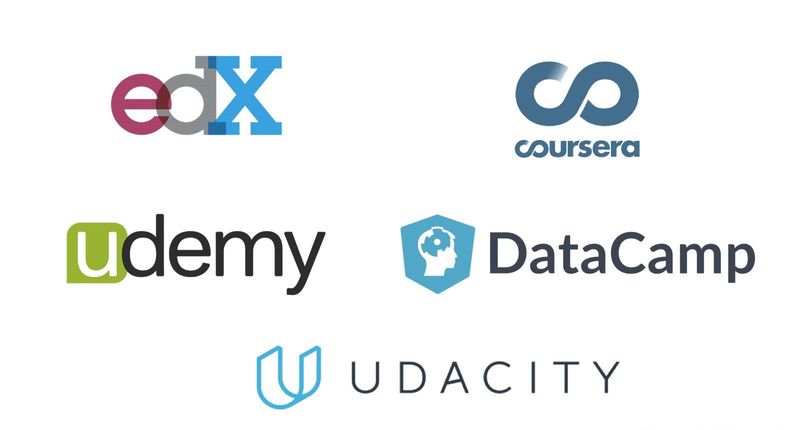
This logo isn't an ad or affiliate link. It's an organization that shares in our mission, and empowered the authors to share their insights in Byte form.
Rumie vets Bytes for compliance with our
Standards.
The organization is responsible for the completeness and reliability of the content.
Learn more
about how Rumie works with partners.
Have you ever thought about how Netflix is able to suggest recommendations for TV shows you'd like to watch? Or, how we're able to predict weather disasters?

Turns out, many of these technologies were probably built by data scientists. It's a relatively new job within the tech world, so the requirements to become one can be unclear.
Discover how to become a data scientist with these essential steps!
What to study in school
A 2020 study found that 95% of data scientists had a bachelors degree. Consider the following depending on where you are in your education journey:
High School
Many university programs that lead to data science roles require you to take multiple mathematics courses.
Not required but helpful, computer science courses are a great way to add data-focused projects to your applications.
Having strong English grades is important, as communication is a core part of the role.
 Photo by Jeswin Thomas on Unsplash
Photo by Jeswin Thomas on UnsplashDid you know?
Some data scientists don't have a bachelors degree in the fields of study mentioned above. Non-STEM university degrees like economics and psychology typically have course requirements in mathematics and computer science, which can keep you competitive against other applicants.
Learning outside of school
Many third-party platforms offer certificate programs that you can use to learn skills not taught in school, or to refine what you already know. Here are a few examples ranging from beginner to advanced programs:
Udemy — Data Science Bootcamp (Beginner)
Udacity — Data Science (Intermediate)
Coursera — Deep Learning and Reinforcement Learning (Advanced)

Bootcamps provide many of the technical skills required to succeed in the role and, depending on the employer, can be a good enough substitution for technical bachelors degrees.
Skillsets required for the job
Analyzing data to inform decision-making as a job requires the following technical skills:
Programming for data analysis and data prep (cleaning up datasets to prepare them for analysis)
Probability and statistics to increase confidence in the insights you share
Machine learning, which uses algorithms to find patterns in your data
Soft skills may seem like "no-brainers" to grasp, but a data scientist must have these to be successful:
Strong communication to explain technical concepts to non-technical folks
Business sense to determine what analysis the organization needs
Curiosity to learn new tech for data analysis, as it constantly evolves

Quiz
Which of the following best describes the split of work for a Data Scientist?
Building datasets ready for analysis typically involves collecting data from various sources, and then the data from those sources need to be cleaned as well.
Words of Wisdom from a Data Scientist
Sometimes in your role, you'll be blocked from performing your most critical tasks such as being given bad data to work with, new technology solutions to replace ones you've already built, and business needs changing quickly.
But keep your chin up! Over time, you'll learn to navigate and adapt to the hurdles thrown at you.

This Byte has been authored by
Parth Bibra
Product Manager
